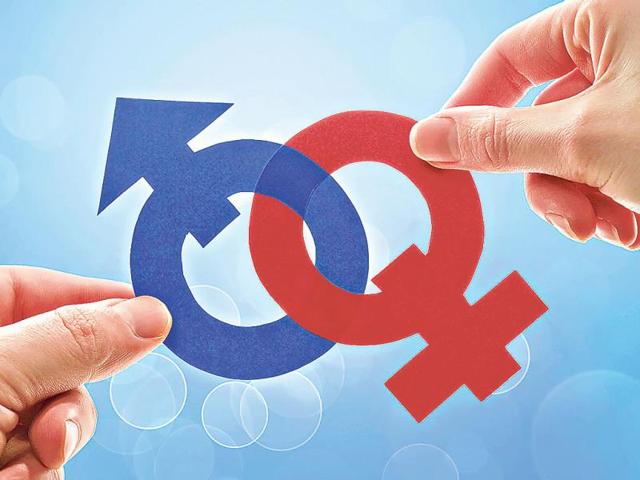Silent suffering: India's women are on their own
Patriarchal mindsets that treat women as second-class citizens will not change unless and until families change their own belief systems, and society and govt find ways to engage men for advancing women's rights.
In a 24x7 news cycle, there are very few stories that manage to grab a reader's attention - and hold it for a considerable period of time. Yet there are many among those discarded ones that need to be retold because they - and the disturbing issues they raise - are far too important to ignore.

One such is that of Rani's (name changed). Last week, this 45-year-old woman was stripped naked and paraded through a village in Rajasthan on a donkey. Her face was blackened with coal and her hair was cut to ensure that her public humiliation was complete.
Rani was accused of killing her nephew, Vardi Singh, by Singh's wife and the local khap panchayat (KP). Khaps are community groups that comprise elderly men from a community and they are known to deliver "instant justice" that defies all set legal parameters.
The police, however, believe that Singh killed himself in the Rajsamand district of Rajasthan on November 2. Singh's family approached the police and when they "did not act", they went to the local khap. Rani's ordeal came to light when her husband lodged a complaint with the police. They arrested 30 people on Sunday, including nine members of her family.
This is not the first time that such an incident has happened in the country. And, this one won't be the last either. That's because several interconnected issues/norms lead to such manifestations/incidents at regular intervals in this country.
First is society's shocking silence against such crimes against women, especially on those that take place in some remote corner of India and are not covered by the 'mainstream' media.
Second, vote bank-conscious politicians are afraid (and this is despite several court rulings) to ban these kangaroo courts because they control large chunks of votes and are useful during elections.
Third, the failure of the legal machinery to provide an easy, inexpensive judicial route to the people so that they don't end up in these courts that only believe in mob justice.
Fourth, the police's failure to redress complaints quickly and effectively. If they had heard Vardi Singh's family when they approached them and taken proactive steps to tackle the case then possibly they would not have approached the khap and Rani would have been spared of such a disgusting experience.
Fifth, KPs are male-dominated, closed worlds and give two hoots to women and gender justice. Unsurprisingly, they often use different kinds of violence to punish 'erring' women.
Would this anti-women mindset ever change?
Patriarchal mindsets that treat women as second-class citizens will not change unless and until families change their own belief systems, boys and young men are taught to respect women and they are included in structured gender sensitisation programmes. At present, the government's gender sensitisation programmes target women, teaching them how to tackle this unequal society.
"Men need to practice new masculinity... They need to cede control of power," actor-activist Rahul Bose said on Monday at the inauguration of the MenEngage Global Symposium being held in New Delhi (http://menengage.org/).
Academics and practitioners at the conference are discussing how to engage men and boys for healthier, safer women and society.
Of course, what Bose advocated is easier said than done. It is the social conditioning of young men and boys, the warped notions of masculinity and behaviour, which are drilled into them in private and public spheres, end up producing individuals like the members of the khap we are discussing.
In fact, gender activists argue that socialisation of boys, including the role of violence in the disciplining process at home and in institutions, has implications for men's behaviours in later in their lives. Men's acceptance and reinforcement of traditional gender norms not only enhance male 'privilege' but also perpetuates and creates new forms of gender discriminatory practices.
Coming back to Rani, reports say she has now been sent to therapists to overcome the trauma that she endured.
But what about the men? They need help too. Only a stint in the jail will never be enough to change the khap members. As they say, old habits die hard.
And so do the boys and young men, who look up to these khap stars as their role models in the village.
Blaming khaps for punishing women and subverting legal mechanisms and banning such groups would be just short-term measures. For a safer society, we must go beyond the obvious and treat several other deep-seated ailments that afflicts society.





